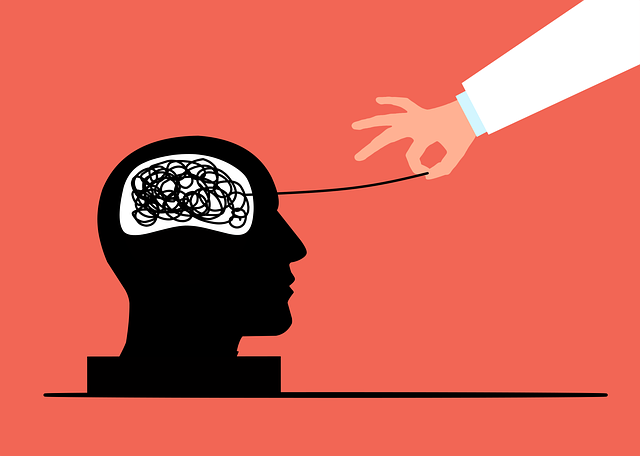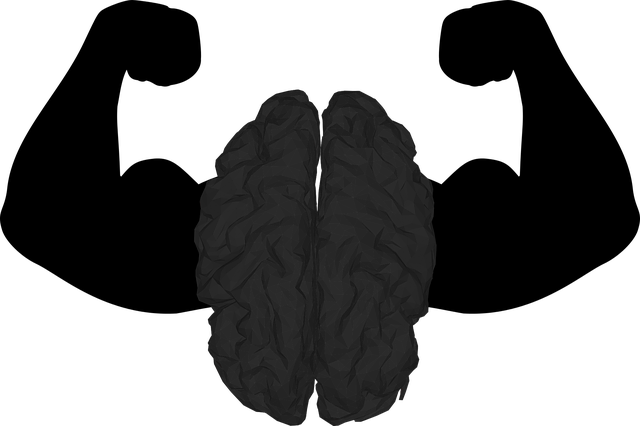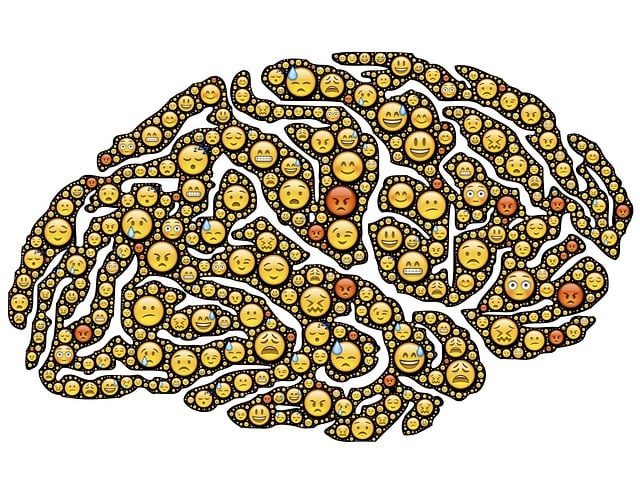Media influences societal perceptions about mental health, with negative stereotypes perpetuating stigma and hindering access to support. Accurate and sensitive representation normalizes conversations, reduces stigma, and encourages help-seeking behaviors. Collaboration with mental health professionals, integrating therapy for anger management techniques, and promoting self-care practices are key strategies. These approaches normalize mental wellness discussions and empower viewers to take action for better outcomes. Community outreach programs further enhance understanding and support for individuals facing anger management challenges.
In today’s media landscape, the portrayal of mental illness can significantly impact public perception and understanding. This article delves into the challenge of inaccurate representations and offers solutions. We explore the profound effects of media on shaping societal views of mental health, particularly focusing on anger management issues. By examining effective strategies for authentic representation, we highlight the importance of therapy in addressing these stereotypes. Through a comprehensive approach, this piece aims to foster a more nuanced and empathetic understanding of mental illness.
- Understanding the Impact of Media Portrayal on Mental Health Perception
- Exploring Effective Strategies for Accurate Mental Illness Representation
- The Role of Therapy in Addressing Anger Management Issues Portrayed in Media
Understanding the Impact of Media Portrayal on Mental Health Perception

The media has a profound influence on shaping societal perceptions about mental health. The way mental illnesses are represented in films, television shows, and news coverage can significantly impact how the public understands and treats individuals struggling with these conditions. Negative or stereotypical portrayals can lead to stigma, discrimination, and further isolation for those affected, hindering their access to support and therapy for anger management, depression, anxiety, or other common disorders. On the contrary, accurate and sensitive media representation can foster empathy, reduce stigma, and encourage help-seeking behaviors by normalizing conversations around mental health.
Understanding the impact of these narratives is crucial in challenging existing stereotypes. By promoting stories that highlight the human experience behind mental illness and showcasing recovery journeys, media platforms can contribute to building resilience, advocating for better access to care, and encouraging the adoption of mind over matter principles for mood management. This shift in representation empowers individuals to seek therapy without fear of judgment or misunderstanding.
Exploring Effective Strategies for Accurate Mental Illness Representation

Media plays a significant role in shaping public perception about mental illness. To challenge negative stereotypes and promote understanding, it’s crucial to explore effective strategies for accurate representation. This involves collaborating with mental health professionals for consultation and authenticity in storytelling. By integrating therapy for anger management, for instance, media can portray complex characters with nuanced experiences, fostering empathy among viewers.
In addition to professional guidance, adopting practices like mental wellness journaling exercises and cultivating compassion through mindfulness training can enhance on-screen portrayal. Encouraging self-care routine development for better mental health within narratives not only normalizes open discussions about mental wellness but also provides viewers with actionable insights they can apply to their own lives. These strategies collectively contribute to a more compassionate and informed society, where media representation serves as a powerful tool for promoting positive mental health outcomes.
The Role of Therapy in Addressing Anger Management Issues Portrayed in Media

In addressing anger management issues portrayed in media, therapy plays a pivotal role. Effective treatment for anger management involves a combination of individual and group therapy sessions that teach individuals coping mechanisms and communication strategies to manage their emotions healthily. By employing evidence-based practices such as cognitive behavioural therapy (CBT), therapists help clients identify triggers, modify negative thought patterns, and develop constructive outlets for frustration.
Beyond individual therapy, community outreach program implementation can further enhance understanding and support for those struggling with anger management issues. Educating the public through awareness campaigns and training healthcare providers on cultural competency ensures that accurate information is disseminated and services are accessible to diverse populations. These collaborative efforts foster a more inclusive environment where individuals facing these challenges feel empowered to seek help, ultimately reducing the negative representation of mental illness in media.
Media portrayal plays a significant role in shaping public understanding of mental health. By implementing effective strategies for accurate mental illness representation, such as enhancing diversity and consultation with experts, we can challenge stereotypes and promote empathy. Specifically, therapy for anger management issues portrayed in media should prioritize realism and sensitivity, reflecting the complex nature of these conditions. In summary, navigating these challenges is crucial to fostering a more compassionate and informed society, ultimately revolutionizing how mental health is perceived and addressed.









